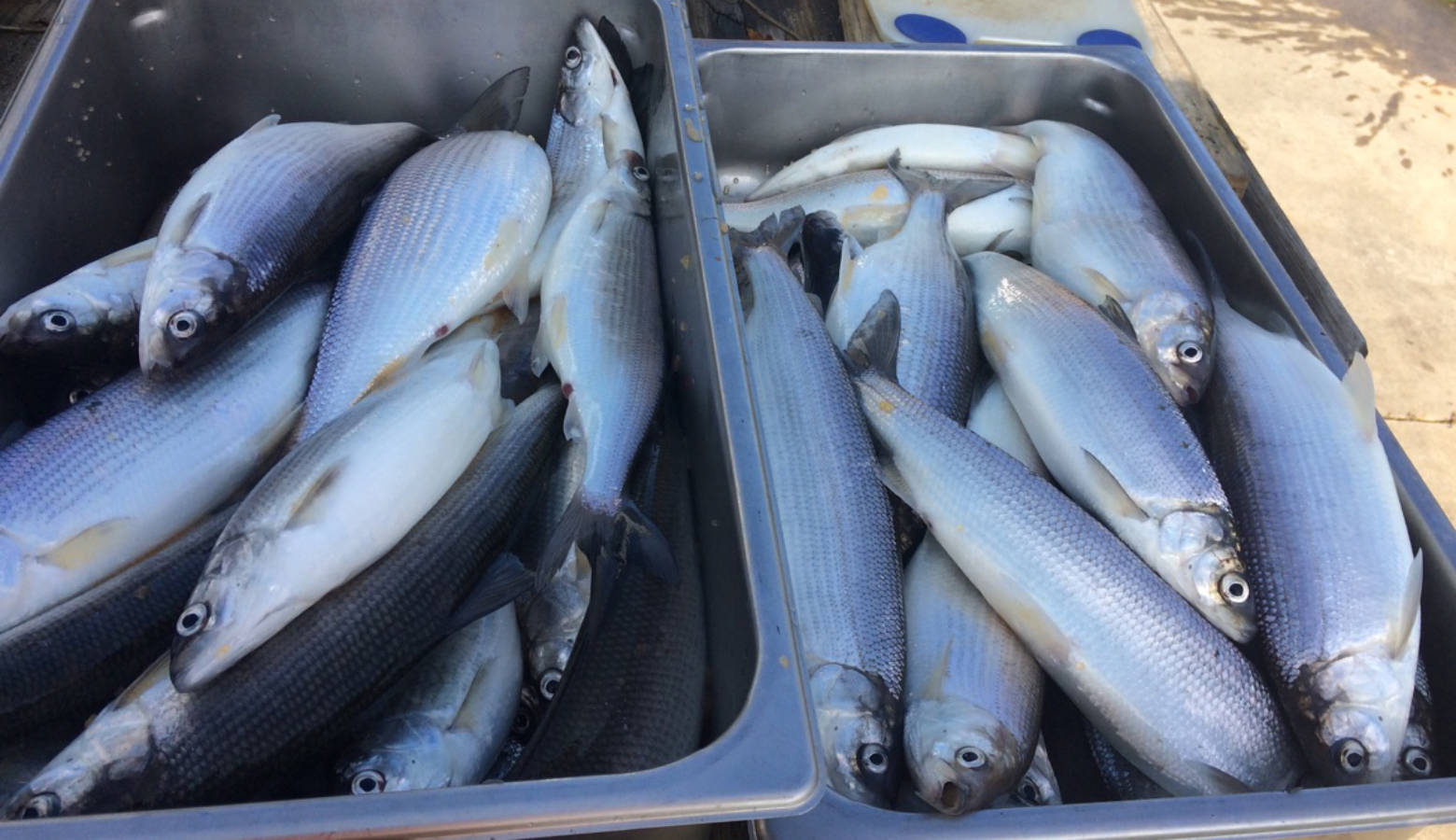Purdue: Climate Change Hurts Indiana Fish

Climate change is causing populations of Indiana’s coldwater fish, the cisco, to drop.
Back in the 1950s, ciscoes were in more than 40 Indiana lakes. Now the Indiana Department of Natural Resources says it’s only found in seven.
Barny Dunning teaches wildlife ecology at Purdue University. He says climate change increases the amounts of the two ingredients needed to create harmful algal blooms. The first is warmer water temperatures.
“One of the other effects of climate change is that our rainfall — especially in the spring — tends to come in bigger batches, stronger rainstorms,” Dunning says. “So you get more flooding and more runoff — and that means you get more nutrients coming off the land.”
Dunning says bigger algal blooms can deprive fish like ciscoes of oxygen in a lake.
Robert Ecenbarger has been fishing for ciscoes in Little Crooked Lake outside of Fort Wayne since the 1970s. He’s won the state’s Fish of the Year with ciscoes eight years in a row — the honor goes to the largest fish of that species caught that year.
“They’re really good smoked to eat. They’re a blast to catch. You’ve never seen a fish fight so hard and bite so light,” Ecenbarger says.
Ecenbarger says they also feed a lot of the more popular fish to catch — like salmon and trout.
To save the fish, Purdue University researchers say landowners should work to prevent fertilizer and runoff from reaching Indiana’s lakes.
Contact Rebecca at rthiele@iu.edu or follow her on Twitter at @beckythiele.
Indiana Environmental reporting is supported by the Environmental Resilience Institute, an Indiana University Grand Challenge project developing Indiana-specific projections and informed responses to problems of environmental change.


